Do 30-Day Fitness Challenges Actually Work?
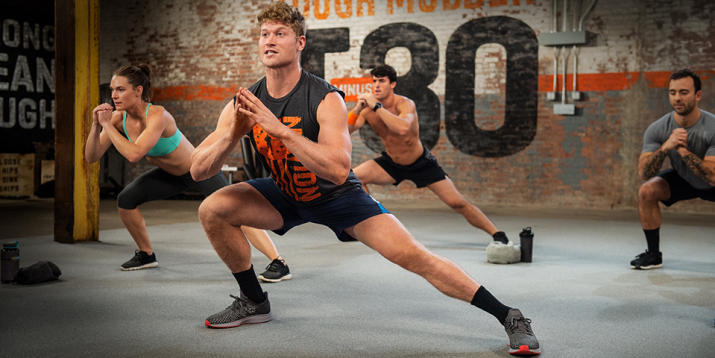
You’ve probably heard the saying, “It takes 21 days to form a habit.” Unfortunately, it’s not quite that easy — research shows that habit formation, on average, actually takes around 66 days.
Still, you have to start somewhere, and a 30-day fitness challenge might sound like a great way to kick off a healthy new habit.
But take some time to pick the challenge that will help jumpstart your fitness journey. Here are a few popular challenges to try.
1. Burpee Challenge
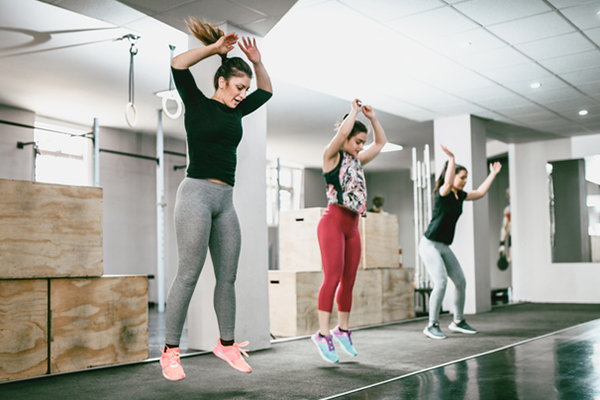
A mainstay in high-intensity interval training (HIIT) workouts, this full-body move boosts your heart rate, ignites calories, and might help tone your legs and shoulders.
Once you get the proper form down, you’ll work your way from 10-to-100 burpees over 30 days. Some tips include:
- As you start, break your reps into sets, giving yourself breaks in-between.
- Expect to hit your stride in the second week.
- By the third week, the challenge is on! Get comfortable being uncomfortable, and take longer breaks to aid recovery.
- The final week of the challenge is rough, but stick with it, you’re almost there!
2. Squat Challenge
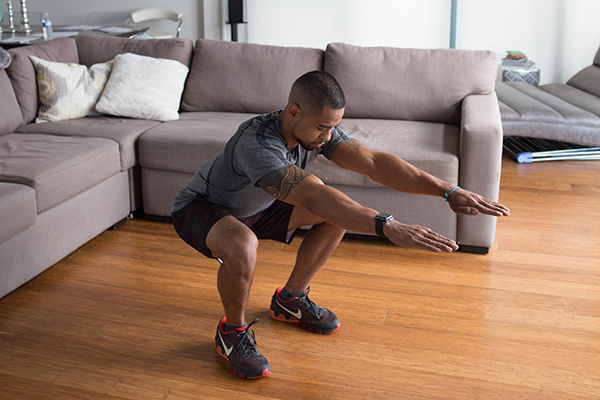
Target your butt and legs with this lower-body staple. If you have trouble finding a consistent place to work out or don’t have access to equipment, this might be the challenge for you.
Here are the basics:
- Numbers will vary, but you’ll start by doing 15-50 squats per day, working up to as many as 250.
- Similar to the burpee challenge, you’ll fall into your rhythm in week 2 and feel challenged by week 3.
- You may find the true challenge isn’t performing the workout, but the boredom that comes with doing 100-plus squats.
3. Plank Challenge
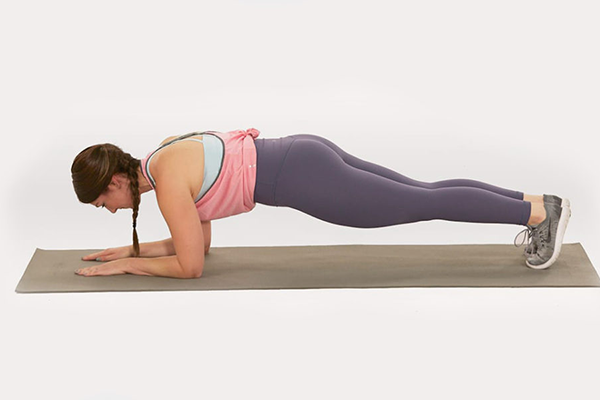
Jump-start your quest for six-pack abs with this challenge that can include planks and the hollow body hold.
This challenge might consist of combinations of the following:
- planking 30 seconds to 3 minutes
- performing the hollow body hold 10 seconds to 1 minute
Take breaks when you need to and try not to get frustrated if there are days when you struggle to complete some of the moves.
4. T-Minus 30
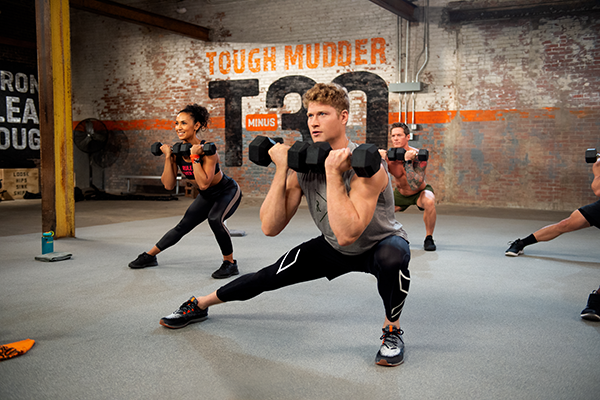
Designed with the Tough Mudder course in mind, T-Minus 30 includes calendars and training programs to help you lose weight and get in shape without going to a gym — all you need is a couple sets of dumbbells.
Four-time Tough Mudder X champion Hunter McIntyre has designed:
- 21 unique workouts, five days a week of work, and one day of mobility
- Tips for hydration, fuel, proper footwear, how to gear up for race day
- Pointers for conquering the Mudder’s toughest obstacles
T-Minus 30 is just one of the fun, proven programs included with a BODi membership. Sign up for the app to get started!
5. Yoga Challenge
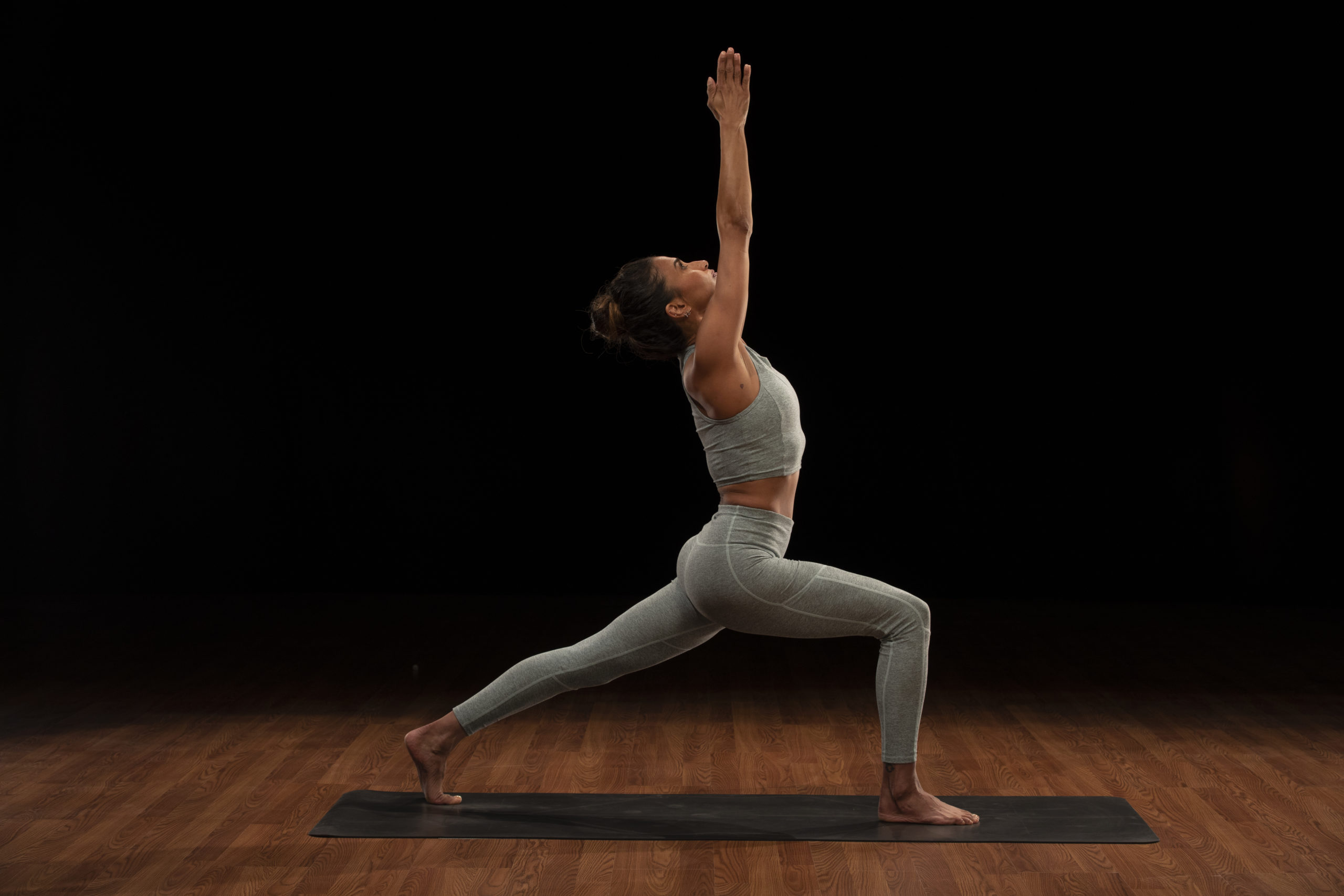
A 30-day yoga challenge is a great way to build a strong foundation for your practice, whether you’re still at the beginner level or getting back on a consistent schedule. BODi’s Yoga52 program offers a 30-day yoga foundation calendar that’ll help you progress in mastery over different poses.
These yoga videos are led by expert yoga instructors and provide cueing so precise that you don’t even have to look up at the screen.
Will You See Results From a 30-Day Fitness Challenge?
Yes — but they might not be the type of results you’re looking for.
“If your goal is to work up to 250 consecutive bodyweight squats, then you shouldn’t expect much in the way of muscle growth, for example,” says Trevor Thieme, C.S.C.S.
“That’s because what you’re training in that kind of challenge is muscle endurance, which focuses on the smaller ‘Type I’ fibers, rather than muscle strength, which focuses on the larger ‘Type II‘ fibers that have greater growth potential,” he explains.
In other words, doing endless bodyweight squats will make you really good at doing endless bodyweight squats — and perhaps entice you to be more active on a regular basis — but you likely won’t get the perfectly-sculpted booty you were expecting.
And while a 30-day abs challenge can strengthen your core, it takes proper nutrition and loads of calorie-burning workouts for you to lose sufficient body fat to reveal what you’re really after: a six-pack.
“That’s why most challenges — especially highly focused ones like abs or squat challenges — aren’t substitutes for a well-designed training plan; they should be completed in addition to one,” says Thieme.
“So choose your challenge wisely, making sure that you can integrate it easily into your existing program or that it really can stand alone, as might be the case if the goal is to, say, complete 30 workouts and recovery sessions in 30 days.”
Is It OK to Train the Same Muscles Every Day?

In the context of a 30-day challenge, yes.
And the reason is that you likely won’t be training those muscles exclusively every day — the challenge will be layered on top of and integrated into your existing exercise routine.
“Doing squats daily for a month is okay as long as you account for that challenge in your training plan by, say, dialing back the amount of leg work you typically do,” says Thieme.
When not doing a challenge, you likely won’t want to target the same muscles every day — or simply work out every day, for that matter.
“Recovery is an essential (and often overlooked) element in training programs,” says Thieme, adding that if you never take recovery/rest days, you might actually see a decrease in fitness gains and workout performance.
“Your muscles don’t grow during workouts, they grow between them. If you never allow them enough time to repair and recover, you’ll shortchange your results and increase your risk of injury.”
What Happens After the 30-Day Challenge Is Over?
“A 30-day fitness challenge is a great way to encourage people to get moving and keep them motivated for that short amount of time,” says Vane Padula, NASM-Certified Personal Trainer.
“However, the key to weight loss and physical fitness is consistency. The 30-day challenges will only be effective long-term if you remain physically active once the challenge is completed.”
Our advice: Choose another challenge in the form of a more extensive workout program.
Your 30-day challenge has gotten you off the couch and into physical activity, so keep going!
“No matter what your ultimate fitness goals are, you’ll achieve them faster if you keep challenging yourself,” says Thieme. “That’s what fuels motivation, which in turn fuels consistency and results.”
